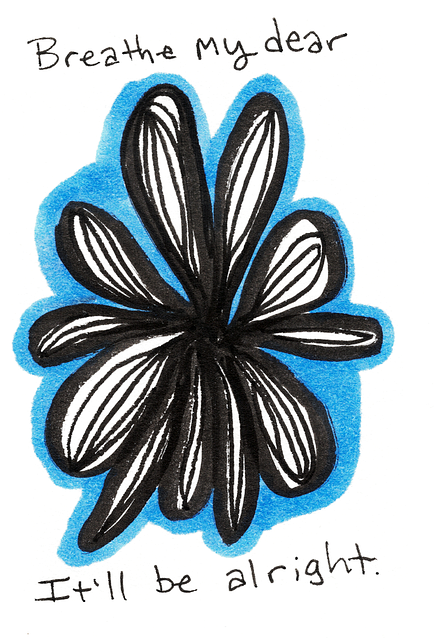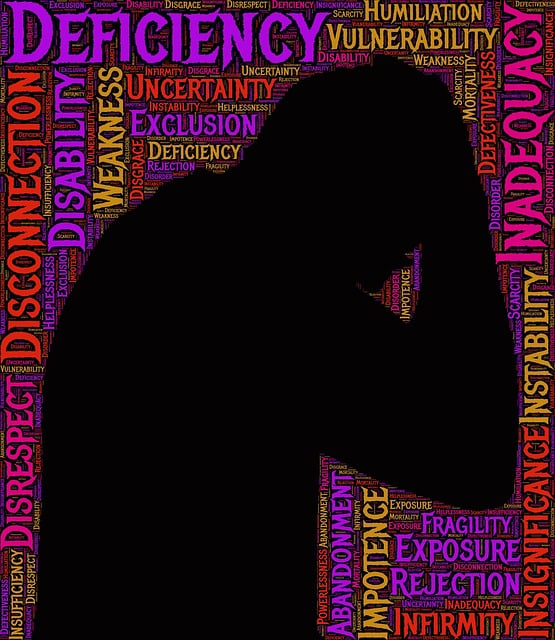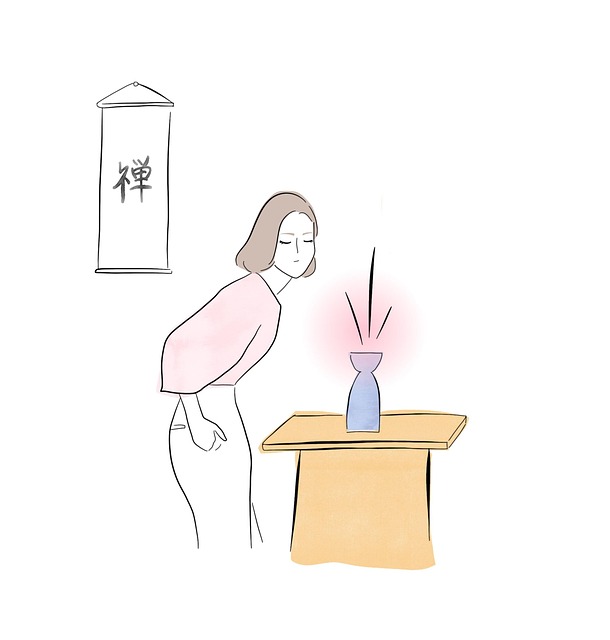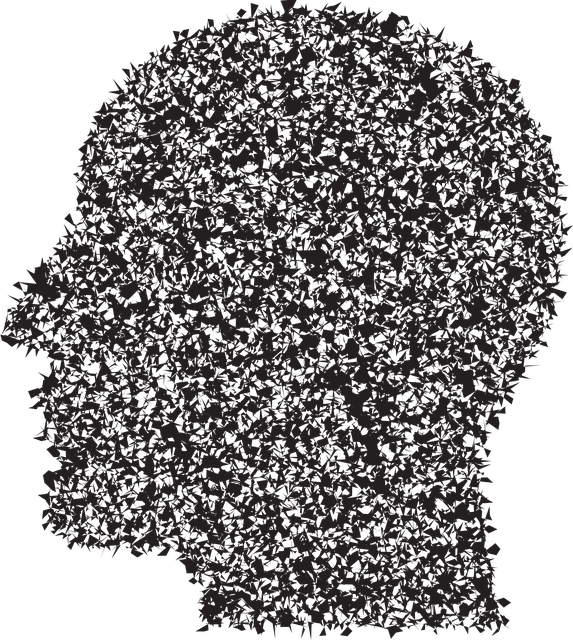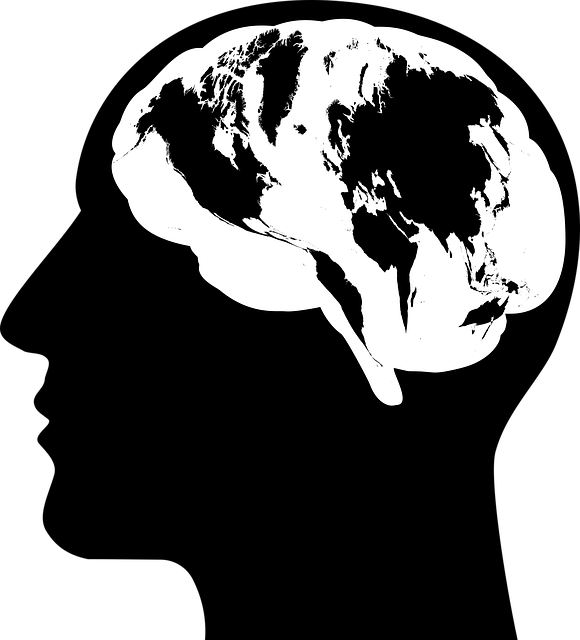Colorado Springs Geriatrics Therapy uses RFM (Resident Frequency, Moments, Interactions) analysis for personalized geriatric care. They analyze interaction patterns, emotional moments, and engagement levels to understand unique resident needs, enabling tailored interventions focusing on social, emotional, and cognitive well-being. The therapy combines group activities, community engagement, and gentle exercises, fostering resilience through risk assessment, frequency of engagement, and individual motivation, helping seniors navigate challenges with confidence and grace.
Resilience is a key component of healthy aging, especially in geriatric care. RFM (Risk, Frequency, and Magnitude) analysis identifies vulnerabilities and guides resilience-building exercises tailored to seniors’ needs. This article explores the critical role of RFM in geriatric therapy, particularly at Colorado Springs Geriatrics Therapy. We delve into designing effective exercises that enhance seniors’ ability to navigate life’s challenges. By understanding RFM, caregivers can implement strategies fostering adaptability and overall well-being among elderly patients.
- Understanding RFM and its Role in Geriatric Care
- Designing Resilience-Building Exercises for Seniors
- Implementing RFM Strategies at Colorado Springs Geriatrics Therapy
Understanding RFM and its Role in Geriatric Care

In the realm of geriatric care, understanding Resident Frequency, Moments, and Interactions (RFM) is paramount. RFM, or RFM analysis, is a powerful tool that helps healthcare professionals in Colorado Springs Geriatrics Therapy assess and improve the quality of life for elderly residents. By focusing on the frequency and nature of resident interactions, moments of joy and stress, and overall engagement, this method provides insights into each individual’s unique needs and preferences. This, in turn, enables tailored interventions that cater to their social, emotional, and cognitive well-being.
For instance, RFM analysis can help identify residents who may be experiencing anxiety or loneliness, which are common challenges among the elderly. Through such analysis, healthcare providers can implement coping skills development programs, engage in empathy building strategies, and facilitate group activities that promote social interaction—all of which contribute to anxiety relief and enhanced resilience. By leveraging RFM, Colorado Springs Geriatrics Therapy ensures that care is not just reactive but proactive, fostering a more supportive and nurturing environment for its residents.
Designing Resilience-Building Exercises for Seniors

Designing resilience-building exercises tailored for seniors is a nuanced approach that considers their unique physical and emotional needs. At Colorado Springs Geriatrics Therapy, we recognize that older adults have accumulated life experiences and knowledge that can be leveraged to foster mental fortitude. Our programs are designed to enhance their sense of purpose, engage them in meaningful activities, and strengthen their emotional intelligence—crucial elements for maintaining resilience.
Through a combination of group therapy sessions, community outreach program implementation, and tailored exercises, we aim to provide an environment that encourages social interaction, promotes anxiety relief, and cultivates coping strategies. By focusing on both physical well-being through gentle exercises and mental stimulation via discussions and creative activities, our geriatric therapists help seniors develop the tools needed to navigate life’s challenges with grace and resilience.
Implementing RFM Strategies at Colorado Springs Geriatrics Therapy

At Colorado Springs Geriatrics Therapy, we’ve integrated RFM (Risk, Frequency, and Motivation) strategies into our comprehensive therapy programs to enhance resilience building exercises. This approach allows us to tailor interventions based on individual risk assessments, focusing on clients’ frequency of engagement in therapeutic activities and their inherent motivation for change. By combining these key factors, we create a powerful framework that addresses the unique needs of each patient.
Our skilled mental wellness coaching programs development team conducts thorough risk assessments for mental health professionals, identifying potential challenges and vulnerabilities. This data guides our tailored interventions aimed at anxiety relief and promoting mental wellness. Through structured exercises designed to build resilience, Colorado Springs Geriatrics Therapy empowers individuals to navigate life’s curveballs with greater ease and confidence, ultimately fostering a more fulfilling and resilient lifestyle.
Resilience is a key component of geriatric care, and implementing RFM strategies, as seen at Colorado Springs Geriatrics Therapy, can significantly enhance the quality of life for seniors. By designing tailored resilience-building exercises, care providers can empower older adults to navigate challenges and maintain their independence. This article has explored the importance of RFM, provided practical guidelines for exercise design, and showcased a successful real-world application at Colorado Springs Geriatrics Therapy, highlighting the transformative potential of such programs in an aging society.

